A work of art is good if it has grown out of necessity
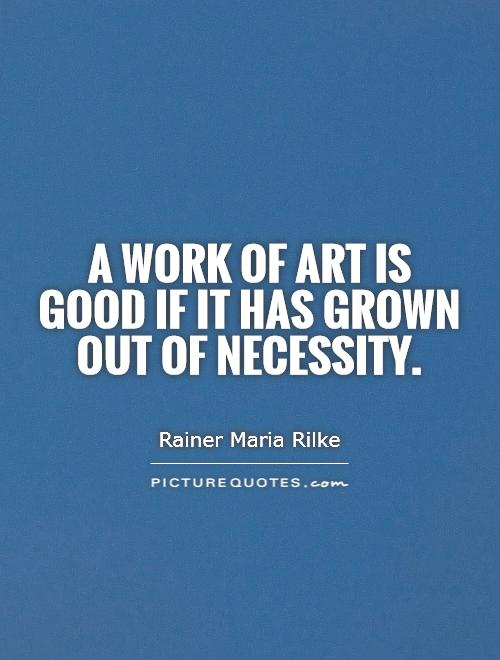
A work of art is good if it has grown out of necessity
Rainer Maria Rilke, a renowned poet and writer, once said, "A work of art is good if it has grown out of necessity." This statement encapsulates the idea that true art is born out of a deep inner need or compulsion within the artist. Rilke believed that art should not be created for the sake of pleasing others or conforming to external standards, but rather as a means of expressing one's innermost thoughts, emotions, and experiences.Rilke's own work is a testament to this belief. His poetry is deeply introspective and often explores themes of love, loss, and the human experience. Rilke's poems are not simply decorative or ornamental; they are a reflection of his own inner struggles and desires. In this sense, his work can be seen as a manifestation of his own necessity to create, to express himself through his art.
Rilke's emphasis on the importance of necessity in art can also be seen in his famous Letters to a Young Poet, in which he advises a young aspiring poet to look within himself for inspiration and to write from a place of authenticity and truth. Rilke believed that true art could only come from a place of deep inner necessity, and that artists should not be swayed by external influences or expectations.
In today's world, where art is often commodified and commercialized, Rilke's words serve as a reminder of the true purpose of art. Art should not be created for the purpose of profit or fame, but rather as a means of self-expression and exploration. True art is not created to please others, but to fulfill a deep inner need within the artist.

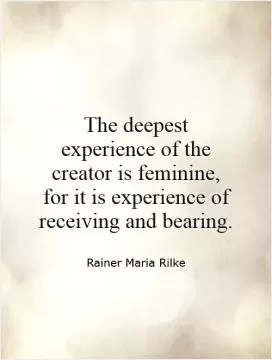




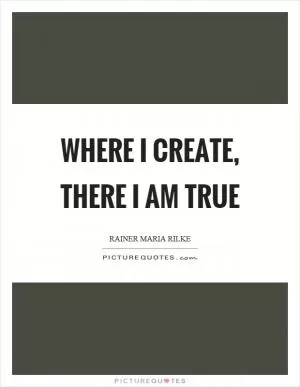

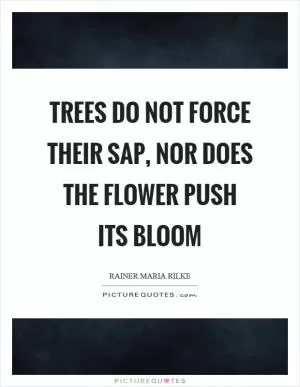


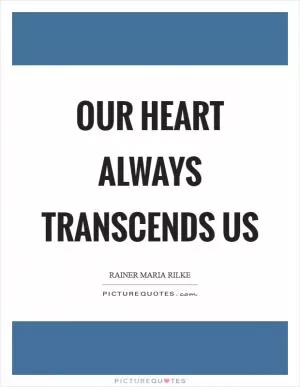
 Friendship Quotes
Friendship Quotes Love Quotes
Love Quotes Life Quotes
Life Quotes Funny Quotes
Funny Quotes Motivational Quotes
Motivational Quotes Inspirational Quotes
Inspirational Quotes